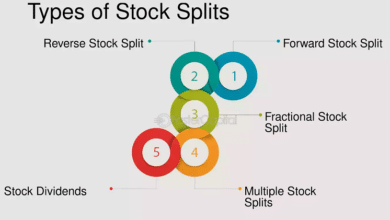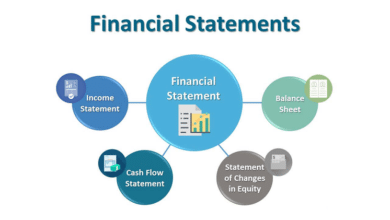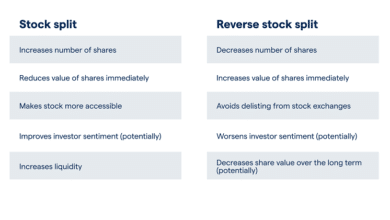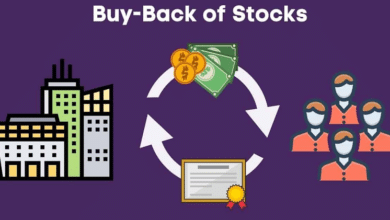Currencies And Forex: The Largest Segment Of Otc Markets
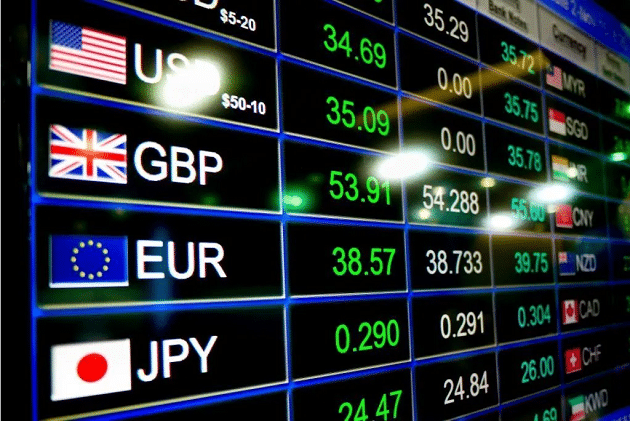
The foreign exchange (forex) market is the heartbeat of the OTC world, where trillions of dollars are traded daily. Its size and liquidity make it an unmatched force in global finance, attracting traders seeking opportunities across diverse currencies and fluctuating rates. Are you curious about how to better understand Forex trading in the OTC markets? Fogo Flow offers a bridge to top educational firms that can guide your journey.
Introduction to OTC Forex Trading
Over-the-counter (OTC) forex trading is a decentralized marketplace where global currencies are exchanged directly between two parties, without the involvement of a central exchange.
Unlike traditional stock markets that have set hours and locations, the forex market operates 24 hours a day, five days a week, across various time zones. This system provides immense flexibility, making it accessible to investors around the globe.
What makes OTC forex trading attractive is the direct interaction between buyers and sellers. Banks, brokers, and individuals connect through electronic platforms, enabling trades to happen seamlessly.
But why trade OTC instead of on an exchange? Well, in forex, the absence of a central exchange allows for personalized agreements on trade terms, giving more freedom to both parties. Without a standardized platform, OTC markets let traders operate in real-time, which can offer quicker execution and lower transaction fees.
Ever wondered why currency traders are always glued to their screens? Because OTC forex markets never sleep, the opportunities (and risks) can arise at any time, requiring traders to stay alert!
Importance of Forex Derivatives in Managing Exchange Rate Risks
Forex derivatives, such as futures and options, play a critical role in hedging against fluctuations in exchange rates.
Exchange rate risk is one of the biggest concerns for businesses that operate across borders. Imagine running a company in the U.S. that imports goods from Europe. A sudden drop in the value of the dollar could increase the cost of imports. This is where forex derivatives come into play—by locking in a future exchange rate, businesses can protect themselves from market volatility.
Companies, banks, and even individual traders use forex derivatives to hedge against this risk. These financial instruments allow parties to agree on a future exchange rate, mitigating potential losses due to unexpected currency movements. For example, an American firm might use a forward contract to buy euros in the future at a set price, helping to stabilize their costs.
Is there a downside? Well, while these tools offer protection, they aren’t perfect. Derivatives can be complex and, if not used carefully, can lead to losses instead of gains. It’s always a good idea to consult financial experts before diving in.
Factors Influencing Currency Trades Outside Traditional Exchanges
Currency trading in OTC markets is influenced by a wide range of factors, many of which are beyond the control of individual traders. One major factor is the global economy. Economic indicators such as GDP growth, employment rates, and inflation can drastically impact the value of a currency. For instance, strong economic data from a country can boost its currency value, as investors become more confident in its financial stability.
Geopolitical events also play a significant role in shaping currency markets. Wars, elections, and even natural disasters can cause sharp movements in exchange rates, creating both opportunities and risks.
Another key factor is interest rate differentials between countries. Currencies from countries with higher interest rates tend to attract more investment, as traders seek better returns, pushing the currency’s value higher.
Finally, market sentiment—how traders feel about the economy or specific events—can sway currency prices in unexpected ways. Sometimes, all it takes is a rumor to cause market turmoil. Are traders always rational? Not always! Market psychology can drive decisions just as much as cold, hard data.
If you’re considering stepping into forex trading, it’s crucial to keep an eye on these factors. Consulting with a financial expert might help you understand the intricacies before making big moves.
Conclusion
As the largest segment of the OTC markets, forex trading offers endless potential but requires skillful navigation. Understanding currency movements and market dynamics ensures that traders can thrive in this fast-paced, ever-evolving landscape.

